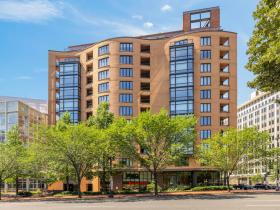 The Interplay Between Condo Bylaws And House Rules
The Interplay Between Condo Bylaws And House Rules
✉️ Want to forward this article? Click here.
Two important documents maintained by a condominium association are its Bylaws and any Rules and Regulations, also known as House Rules. This article will outline the differences between Bylaws and House Rules and how they are important to the successful governance of a condominium building.
Bylaws
All condominium associations in DC, Maryland, and Virginia must have a set of Bylaws. Bylaws set forth how the condo association will operate including how and when meetings are held, how directors and officers are elected, the powers of the board of directors, insurance requirements, and maintenance responsibilities. Typically, amending a condo’s Bylaws requires what is known as a supermajority vote (usually two-thirds or three-fourths of the voting interests), and sometimes may require mortgage holder notice or approval.
House Rules
A condo association can (but usually is not required to) implement House Rules. House Rules are meant to expand on and be more detailed than Bylaws and serve to create a more harmonious living environment for the residents of the condominium. House Rules are different from Bylaws in that they can be implemented and changed by the Board of Directors without the need for unit owner approval – which means that they can be changed more easily.
story continues below
loading...story continues above
Bylaws will very often set forth restrictions on the use of units in the condo. House Rules also set forth restrictions and guidelines for living in the condominium, but cannot contradict what is in the Bylaws.
Below are several common issues that arise in a condominium that highlight the interplay between Bylaws and House Rules.
Leasing/Airbnb
Many condo associations seek to limit the ability of unit owners to lease out their homes. If the Bylaws allow for leasing, a board may not prohibit leasing altogether, though it can implement rules such as a minimum lease term, the requirement that all leases contain a particular addendum incorporating the Bylaws, or that owners pay an additional fee if they rent their units out.
If a condo would like to implement a full, immediate rental cap that is not already in the Bylaws (e.g., that only 25% of the units may be rented out at a given time), a Bylaw amendment is usually needed. If such a Bylaw amendment passes, the board would be well-advised to implement rules regarding how the rental cap works in practice, addressing issues such as a waiting list and fines for violating the rental cap.
Some newer Bylaws specifically prohibit the rental of units on short-term rental platforms such as Airbnb and VRBO. Many condo boards use language in Bylaws that prohibit renting for “transient or hotel purposes”, and others use the minimum lease term to prohibit such short-term rentals.
Pets
If the Bylaws for an association prohibit pets, a condo board cannot implement a House Rule allowing pets. Similarly, if the Bylaws allow for pets, then a board cannot implement a rule prohibiting pets.
However, a board may implement reasonable rules about pet ownership, such as that pets must be registered with the condo, that they must be leashed in common areas, that there are a maximum number of pets allowed per unit, and that certain breeds are not allowed. A good pet rule will also address noise issues such as a prohibition on excessive barking of dogs.
Smoking
Historically, a condo board could prohibit smoking in common areas, but if it wanted to prohibit smoking within individual units the Bylaws would have to be amended. That is still the general rule, though in 2021, Virginia passed a law which gives condo boards the right to pass a rule restricting smoking within units, subject to repeal by a vote of a majority of the voting interest in the condominium. In condos where the Bylaws do not prohibit smoking within units, House Rules may impose restrictions such as a requirement that windows remain closed while smoking or that unit owners that smoke may not allow smoke to infiltrate other units or common areas.
Architectural Guidelines
Most condo Bylaws state that unit owners cannot make structural alterations to their unit without board approval. Such Bylaws usually do not specify which alterations are structural and which are not, so a condo board will usually implement a rule setting forth which types of changes need board approval and which do not. Sometimes, the House Rules will state that the board must be given prior notice of all alterations so that the board can make a determination of whether a proposed change is structural or not.
See other articles related to: condo bylaws, condo house rules
This article originally published at https://dc.urbanturf.com/articles/blog/the_interplay_between_condo_bylaws_and_house_rules/21475.
Most Popular... This Week • Last 30 Days • Ever

On Thursday night, developer EYA outlined its plans at a community meeting for the 26... read »
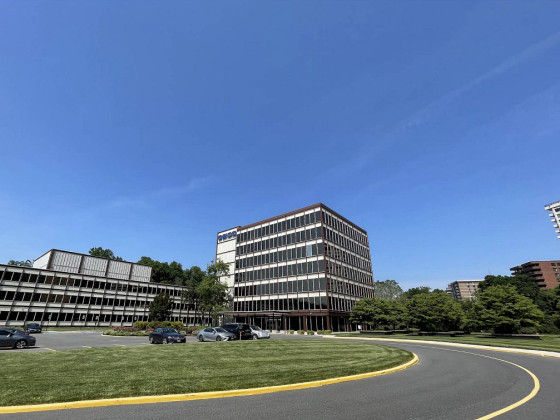
EYA and JM Zell Partners have plans for 184 townhomes and 336 apartments spread acros... read »
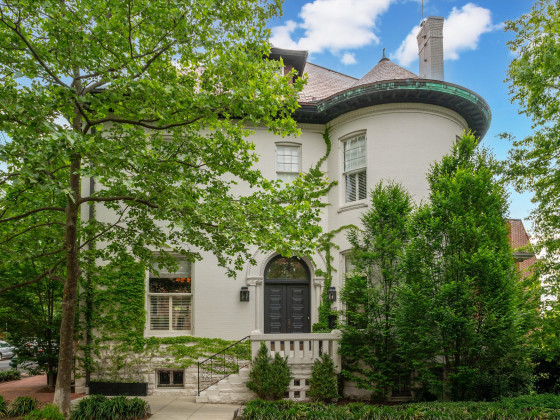
Chris Hughes and husband Sean Eldridge are putting their Kalorama home on the market ... read »
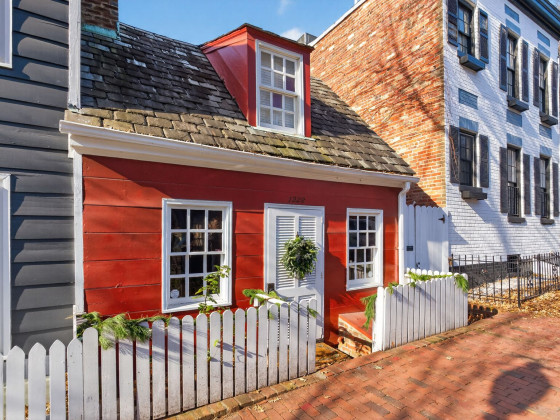
If the walls of 1222 28th Street NW could talk, they'd have nearly three centuries wo... read »
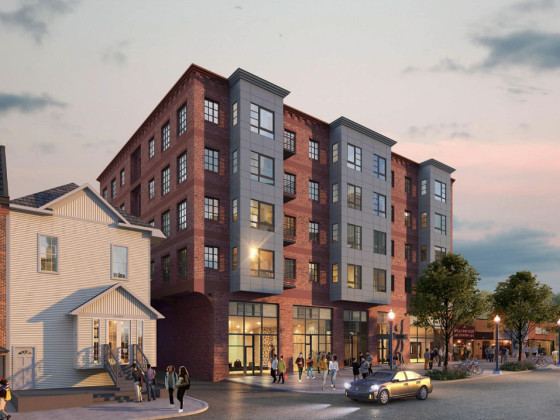
The plan to replace the longtime home of Dance Loft on 14th Street with a mixed-use ... read »
- A First Look At Friendship Commons, The Big Plans To Redevelop Former GEICO Headquarters
- 520 Residences Planned For Former GEICO Campus In Friendship Heights
- Facebook Co-founder Lists DC Home For Sale
- One of DC's Oldest Homes Is Hitting the Market
- Plans For 101 Apartments, New Dance Loft On 14th Street To Be Delayed
DC Real Estate Guides
Short guides to navigating the DC-area real estate market
We've collected all our helpful guides for buying, selling and renting in and around Washington, DC in one place. Start browsing below!
First-Timer Primers
Intro guides for first-time home buyers
Unique Spaces
Awesome and unusual real estate from across the DC Metro





